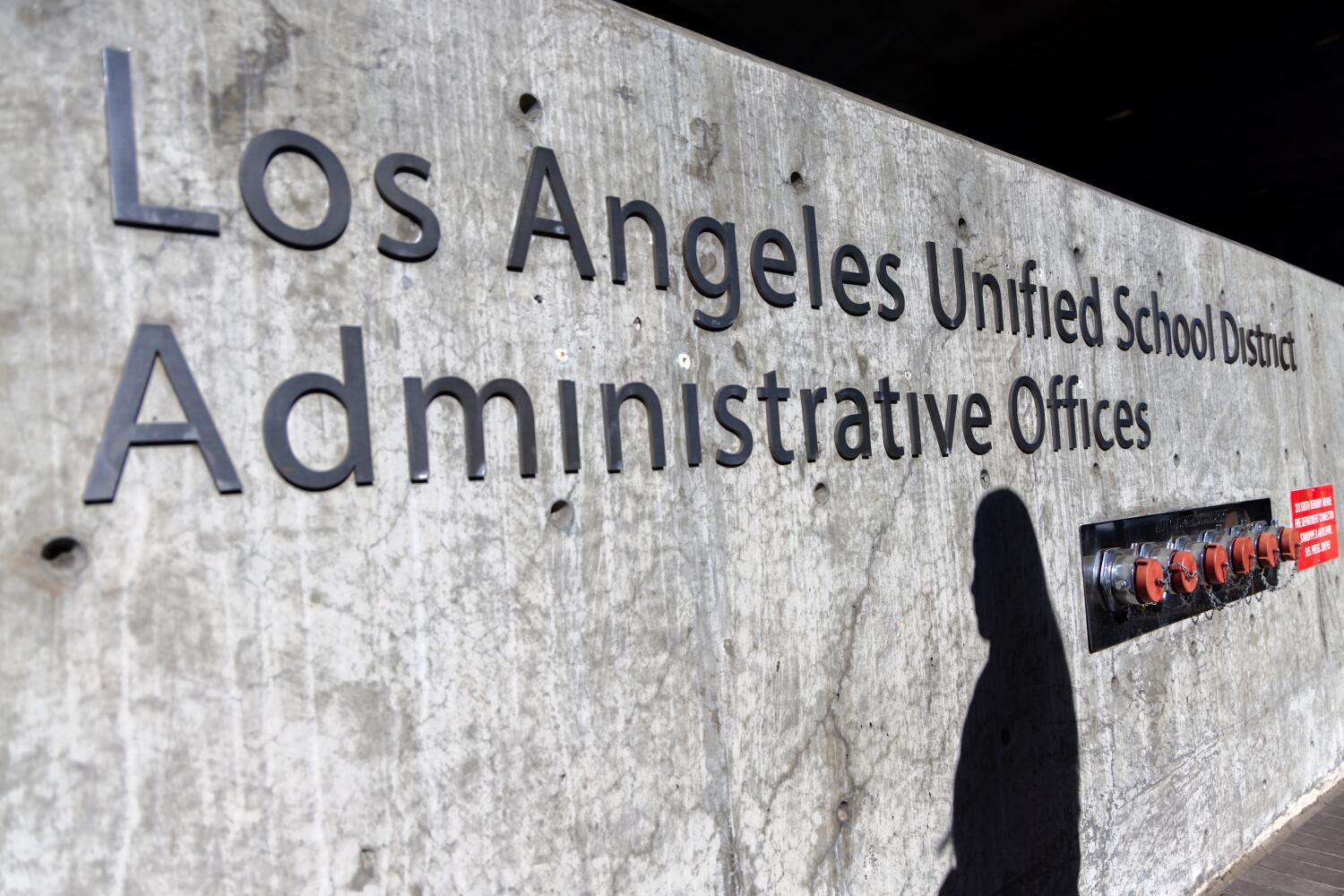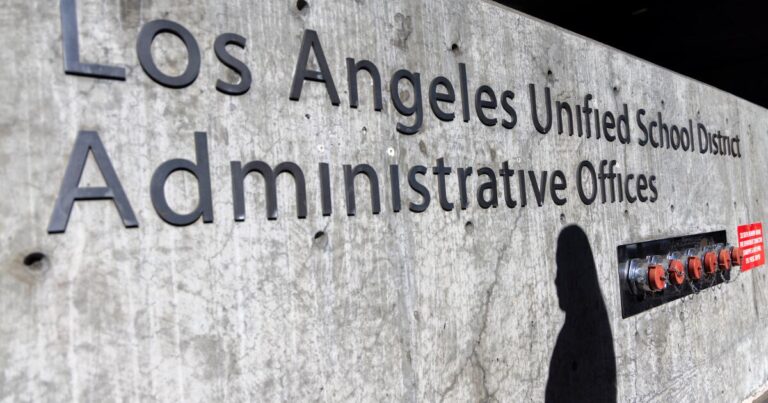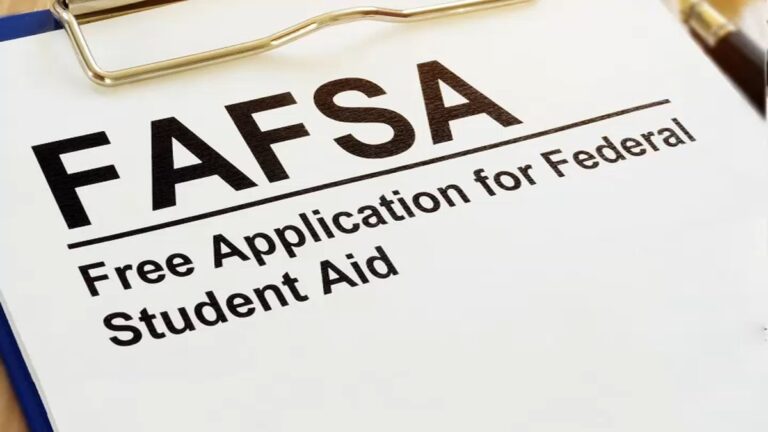The law enforcement officer spent months methodically gathering evidence. He leafed through thousands of pages and highlighted key passages amid reams and reams of paper. He wore his body camera to record his interactions with witnesses and suspects. And he photographed what he saw as instruments of the alleged crime:
Books.
The targets of the investigation? Three school librarians in Granbury, Texas. The allegation? They had allowed children to access literature — such as “The Bluest Eye,” by Toni Morrison — that the officer, Scott London, a chief deputy constable, had deemed obscene.
In an extraordinary look into the ramifications of the right-wing backlash against books dealing with racism, gender, sex and sexuality, an 824-page investigative file obtained by NBC News and NBC 5 Dallas-Fort Worth shows how, for two years, London vigorously pursued felony charges against librarians in the Granbury Independent School District.
London secured subpoenas, filed public records requests, received names of students who’d checked out certain books and, after a year, wrote draft criminal complaints.
Those charges — distributing harmful material to a minor — were never filed. The investigation came to an end in June after Hood County District Attorney Ryan Sinclair turned down London’s request to indict the librarians, citing a lack of conclusive evidence to charge them with felonies.
Sinclair declined to be interviewed and did not respond to written questions. London, who has ties to the anti-government constitutional sheriff’s movement and tried to launch a local chapter of the far-right Oath Keepers militia in 2020, did not respond to questions.
NBC News is not naming the three librarians because they were never charged with a crime. None of them agreed to be interviewed. Granbury Superintendent Jeremy Glenn declined to comment. The district released a statement saying officials looked forward to putting the matter behind them.
“Granbury ISD respects the due diligence of the district attorney and wholeheartedly agrees that this investigation was without merit,” it said.
London’s investigative file offers the most detailed and visceral picture to date of an attempt to prosecute librarians amid the nationwide campaign by conservatives to restrict children’s access to books depicting sex and LGBTQ people.
As London was conducting his probe, at least 18 states considered bills to make it easier to prosecute librarians over contested books, and three — Missouri, Indiana and Arkansas — passed them into law, although Arkansas’ is on hold pending a lawsuit filed by a group of libraries. Police and sheriff’s deputies have been called by parents and right-wing activists to investigate library books in Florida, Missouri, South Carolina and elsewhere, but free speech advocates and librarian organizations say they are unaware of any librarian or school official who has been charged over books.
“It’s as if books have become contraband, and it’s just so alarming,” said Kasey Meehan, who leads a freedom to read campaign at PEN America, a free speech nonprofit.
A series of videos captured by London’s body-worn camera in May 2022 show him striding through school hallways, interviewing administrators and perusing library shelves in search of the offending books.
In one video, a middle school librarian leans over a book check-out counter, her hands folded at her mouth, as London lays out the legal basis for his investigation. On the wall behind the librarian are colorful decorations and a quote from Dr. Seuss: “The more things you read, the more things you will know.”
“There’s been an allegation of books that were in conflict of the penal code in the library,” London tells the librarian, “and so that’s what I’m looking into.”
London says he has some questions, but under the Fifth Amendment, the librarian is not obligated to answer them.
“I really don’t want to at the moment,” she says, shaking her head.
In another video, London lays out several books on a library table and photographs their covers and copyright pages — logging each as evidence of a potential crime.
Adam Steinbaugh, a lawyer for the civil liberties nonprofit the Foundation for Individual Rights and Expression, or FIRE, said the Granbury investigation stands out from other cases he’s tracked. Steinbaugh obtained a copy of London’s investigative file through a public records request.
This was the first time, he said, that his organization had seen a law enforcement official issue subpoenas and receive records showing how often books had been checked out and by whom, and the first time he’d seen an officer draft criminal complaints against librarians. Watching police body camera footage of school librarians being confronted by an investigator was deeply unsettling, Steinbaugh said.
“Anytime you’re talking about arresting a librarian for the content of books in a library, that’s going to have a chilling effect,” he said. “Why be a librarian? Why take the, frankly, little pay that librarians, especially school librarians, get, and risk going to prison?”
Granbury’s battle over school library books began in early 2022. That January, Glenn, Granbury’s superintendent, directed librarians to remove books that contained descriptions of sex and LGBTQ storylines, according to a secret recording obtained by NBC News, ProPublica and The Texas Tribune. The district later appointed a panel of community volunteers to review dozens of books that a Republican state legislator had flagged as inappropriate.
In the end, the committee members voted to permanently ban just three of the titles, including “This Book Is Gay,” a coming-out guide for LGBTQ teens by transgender author Juno Dawson that includes detailed descriptions of sex, and returned the others to shelves.
The decision outraged a pair of conservative Christian parents who served on the review committee — a homeschooling mother named Monica Brown and Karen Lowery, who was later elected to Granbury’s school board.
On May 2, 2022, according to a case summary included in London’s investigative file, Brown and Lowery brought their concerns about “pornography” in school libraries to him. They filed a complaint naming 11 allegedly obscene books that they said could be found in Granbury school libraries. The titles, all of which contained passages about sex or rape, included a popular teen fantasy series by Sarah J. Maas and a pair of books by the acclaimed young adult author Tiffany D. Jackson.
The idea that school librarians had been handing out pornography in a town like Granbury — where many folks identify as conservative Christians and 80% of county residents voted for Donald Trump in 2020 — seemed far-fetched to some locals, but London committed himself to investigating.
In an interview with NBC 5 Dallas-Fort Worth that aired last year, London said the probe was simply a response to the complaint from Lowery and Brown and not driven by his own views.
“If a crime is reported to any law enforcement agency, I would expect the law enforcement agency to investigate the crime,” he said.
Lowery, however, said in an email to reporters last year that it was London who asked if she and Brown would file the complaint after he heard them speak about library books at a local Republican club.
“Monica and I agreed to do so believing we should support law enforcement,” Lowery wrote to NBC 5 Dallas-Fort Worth.
A day after taking their complaint, London made his first visits to Granbury’s administrative offices, and later that week to Granbury High School and a pair of middle schools.
Body camera footage shows London making small talk with administrators and repeating a joke about being more of a “math guy” when he was a pupil.
In one encounter with superintendent Glenn, on May 3, 2022, London explained his approach to the case.
“Just because I work for the government, I can’t go give a 13-year-old a Hustler magazine,” London said. “If you’re showing pictures of a vagina covered in boils, it’s part of sex ed, you can justify it. But if it’s smut for smut’s sake, it’s not justified.”
In each of his meetings with the three librarians, London explained that they were under no obligation to speak with him. One by one, the librarians declined to answer questions.
“I’ll listen to what you have to say,” one librarian told London, laughing nervously.
“I was told not to say anything unless I have legal,” another told him.
Paul Hyde, a Granbury attorney who served on the volunteer committee tasked with reviewing dozens of school library books, said he informally advised two of the accused librarians early in London’s investigation and saw the toll it has taken on them.
“These women, that are amazing educators and librarians, have been terrified for over two years now that they’re going to get arrested, hauled off to jail on a felony charge of providing pornography to minors,” Hyde said, noting that one of the librarians left the district as a result.
“We lost a great librarian,” he said.
As the investigation progressed, London reviewed nearly 200 pages of community member complaints about books available in the Granbury district, many of which cited BookLooks, a website tied to the conservative activist group Moms for Liberty.
He reported purchasing each of the 11 titles named in Lowery and Brown’s police report and, over the course of a few months in 2022, read them in their entirety. His investigative file included more than 120 photos of passages he believed to be obscene, with highlights he made with a marker.
London also secured subpoenas for Follett School Solutions, an education software company that Granbury uses to help manage its library collection, to obtain records for the dates and times that several titles were checked out from campus libraries.
Some of the records in London’s investigative file included the names of students who had most recently checked out the books — a clear violation of student privacy, according to First Amendment experts. It is not clear who provided those records to London.
A Follett spokesperson said in an email, “At no time did Follett provide any data that included student names or other student information.”
London also sought records from the district about student volunteers who helped librarians return books to shelves. According to the case records, London believed that if he could prove that librarians used minors in the commission of the alleged crimes, it would elevate the charges from misdemeanors to felonies.
After investigating for more than a year, in July 2023, London submitted the case file to Sinclair, the district attorney. By then, London had launched a campaign for Hood County sheriff — an election he would ultimately lose.
He included in his report to Sinclair drafts of criminal complaints to charge the librarians with distributing harmful material to minors, citing sections of books in which sexual acts were described.
London named six books from Brown and Lowery’s original list that he deemed worthy of charges:
- Three titles from the fantasy series “A Court of Thorns and Roses” by Sarah J. Maas, which include descriptions of sexual encounters.
- “Gone,” a book about the consequences of an inappropriate sexual relationship between a 17-year-old and his teacher, by Kathleen Jeffrie Johnson.
- “Fade,” a title by Lisa McMann in which a teen with supernatural abilities investigates sexual predators at a high school.
- And “The Bluest Eye,” by Toni Morrison, a book about a Black girl in the 1940s who internalizes the notion that whiteness is the standard for beauty and whose struggles are exacerbated by rape and abuse.
Nearly one year later, Sinclair notified London that his office wasn’t going to prosecute the case, according to an email exchange last month between London and Sinclair that was included in the investigative file. (The documents released to NBC News and NBC 5 Dallas-Fort Worth did not include a copy of Sinclair’s letter declining to file charges, which London said was exempt from disclosure, but they did include follow-up emails describing the prosecutor’s decision and reasoning.)
Sinclair rejected the felony case because there was insufficient evidence to prove that the librarians used minors to “distribute, exhibit, or display harmful materials,” according to the emails. And at that point, the two-year statute of limitations had expired for misdemeanor charges.
Based on London’s reply, it seemed Sinclair also was not convinced that the books, taken as a whole, met the state’s legal definition of harmful material.
On May 1, London made a final plea to get Sinclair to indict the librarians.
“After reading each of these books personally in their entirety,” London wrote in a letter included in the investigative file, “I cannot fathom any scientific, educational, governmental, or other similar justifications for some of these books.”
Ultimately, Sinclair was not persuaded.
On June 24, London wrote to Glenn, letting the Granbury superintendent know that it was official: His two-year effort to charge school librarians had ended.
Brown, one of the mothers who filed the complaint, did not respond to messages requesting comment. Lowery, who continues to serve on Granbury’s school board, responded to the case’s dismissal by defending her efforts to restrict library books.
“I did what I believe I was called to do to make the community aware of this dangerous issue,” she said in a statement.
Deborah Caldwell-Stone, director of the American Library Association’s Office for Intellectual Freedom, said the case demonstrates the risks librarians now face and the importance of prosecutorial restraint.
“We do cling to the fact that no prosecutor has accepted this information to create a criminal prosecution,” Caldwell-Stone said. “We’re just concerned that someday someone might choose to do it.”
UPDATE (July 25, 2024, 2:00 p.m. ET): This article has been updated to reflect that it is not clear who provided London with records that included the names of students who had checked out library books, and to add Follett School Solutions’ statement that it had not provided data including student names.
This article first appeared on NBCNews.com. Read more from NBC News here:



















